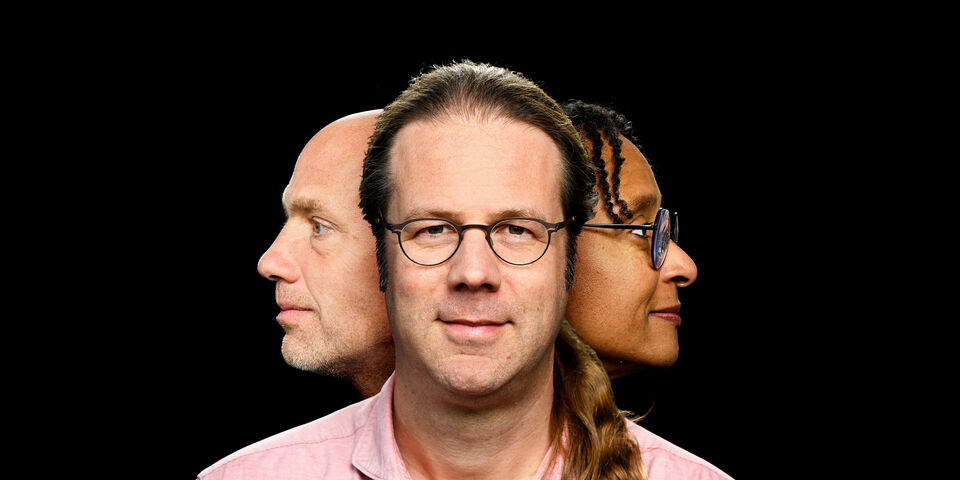A small ode to the German language
If TU/e is really serious about internationalisation, then every student should have at least a few courses in German. After all, Germany is the Netherlands' most important trading partner. A semi-English-speaking monoculture is the opposite of the highly acclaimed diversity, writes Luc Brunsveld.
The discussion about the language of our education will most probably not have escaped your attention. English has steadily (and sometimes very quickly) ousted Dutch as the language of instruction at the university. Meanwhile, at TU/e, we are often divided into Dutch and English speakers. While there are actually very few English speakers at TU/e, most of those who are referred to as such are non-Dutch speakers. The "push" for English is so strong that I regularly receive emails in English from Dutch students. I do realize that this can also simply be laziness to look up who one is dealing with. Similarly, every teacher regularly receives emails that start with "Dear" and then do not follow with a name, but directly with a question. Those kinds of emails always go straight into the trash.
Sometimes I am a bit surprised by the lack of interest of both Dutch and foreign students and staff to speak the national language. With practically educated parents from the Achterhoek, I have always been taught to try and speak the language of the local population. Unfortunately, my three months in Osaka were too short to converse about science in Japanese, but ordering a Tonkatsu in the local cafeteria went fine after some practice. Learning Spanish for the in-laws seemed logical and in Germany I have always given my lectures in German. Although the German cases did not always come out flawlessly, the students were able to follow it – I believe – mainly because they spoke German very well themselves and were used to strange accents.
At the time, there was a program for students from China to study chemistry in Germany after six months of lessons in the German language. These students gave me the compliment that of all the lecturers I was the best to follow. That was nice, of course, but it also highlighted the problem of teaching and learning in a language that is not your mother tongue. Our German vocabulary had the same limited level, making my German phrases a feast of simplicity for them. If you both don't speak a language very well (as the majority at TU/e, I certainly, don't speak English very well), it seems as if you communicate easily. But in fact, it's not enough to bring real depth and nuance to your communication.
While we're on the subject of German. It is astonishing, and worrying, how little German is still part of the vocabulary of academics in the Netherlands. The Dutch prefer to look to the West for guidance and inspiration. However, our eastern neighbours are often a lot more important to the Netherlands, both economically and culturally. Many of the companies in our region work a lot with companies in Germany and our exports to Germany (25% of all exports) are really much larger than those to the UK and the US. In Germany, science is also appreciated and funded on a much higher level than in the Netherlands and the German culture is of course also finger-licking good, from the Songs of Schubert to the Currywurst. Instead of enjoying German culture, however, because of our focus on English, we are importing plenty of "woke nonsense" from the US, which contributes nothing at all to our prosperity or culture.
But back to German. If we, as a university, are really serious about internationalisation and preparing for the labour market, then every student should be taught at least a few subjects in German. A semi-English-speaking monoculture is the opposite of the highly celebrated diversity.
Mahlzeit
Luc Brunsveld is a Professor Chemical Biology at TU/e. The views expressed in this column are his own.


Discussion